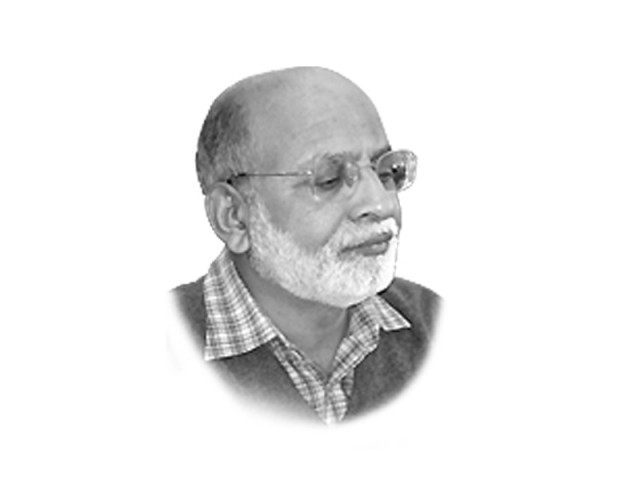Jalaluddin — the other side of the coin
Tragic paradox is that Salman Rashid’s own article is generously punctuated with insulting jibes, scornful reproaches.

A strategic retreat is the key to survival for a warrior. Salman Rashid calls Jalaluddin a fugitive and hence a coward. Babar, Humayun and Dara Shikoh, all were fugitives. Some, like Babar and Humayun were lucky as their flights into wilderness led to their fortunate rehabilitations. Some like Jalaluddin and Dara came to naught. Salman Rashid calls Naseem Hijazi a fraudster and ridicules his “spurious history”. The fact of the matter is that Naseem Hijazi is not a historian and nor did he ever claim to be one — he was a novelist.
The most unfortunate is the writer’s reliance on Tareekh-e-Jahan Kusha. The author of this “real” history of Jalaluddin, Ata Malik Juvaini, was an important functionary of the Mongol Empire and was with Hulagu Khan when the latter conquered the famous fortress of Almout. From Almout, Juvaini accompanied Hulagu to the sack of Baghdad in 1258 after which he was appointed governor of Baghdad. His jurisdiction included part of Mesopotamia and Khuzistan. His real brother, Shams al Din was Hulagu’s minister of finance. So much for the impartiality of the writer’s mentioning of this “real” history. His only other source to describe the “loot and plunder” by Jalaluddin on this side of the Indus is Tabqat-e-Nasiri. The author of this book, Minhaj-e-Siraj, was also a king’s man. Nasiruddin Qabach had appointed him qazi in his court at Uch. Later on, he moved to Delhi where Sultan Nasiruddin Mahmood made him qazi. It was this Nasiruddin to whom he dedicated his book the Tabqat-e-Nasiri. As well-known historian Dr Mubarak Ali keeps on emphasising, pro-establishment historians give only subjective and distorted versions of history.
Mr Rashid then tells his readers that a “great battle” was fought at the western bank of the Indus between Jalaluddin and Changez Khan in February 1221. Here a question arises: do ‘cowards’ fight great battles? But there is something more intriguing: all the historians, old and contemporary, say unequivocally that the only battle in which Changez Khan was defeated in his life time, after he rose as Khaqan, was the battle of Parwan fought in 1221 by Jalaluddin. It took place in the vicinity of Ghazni. With the help of Pakhtuns of present-day south Afghanistan, Jalaluddin inflicted a crushing defeat on the Mongols who were fighting under the command of Shegi Tutu, Changez Khan’s son-in-law. It was a day-long war and Tutu was killed at the end. Unfortunately, the victory was followed by a row between the Pakhtuns and Jalaluddin’s relations over the distribution of booty after which the former deserted. Thus, Jalaluddin lost more than half of his fighting strength. The disastrous battle at the western bank of Indus soon followed. So, it can be fairly said that the writer quite conveniently omitted to mention the battle of Parwan.
Published in The Express Tribune, March 11th, 2012.














COMMENTS
Comments are moderated and generally will be posted if they are on-topic and not abusive.
For more information, please see our Comments FAQ